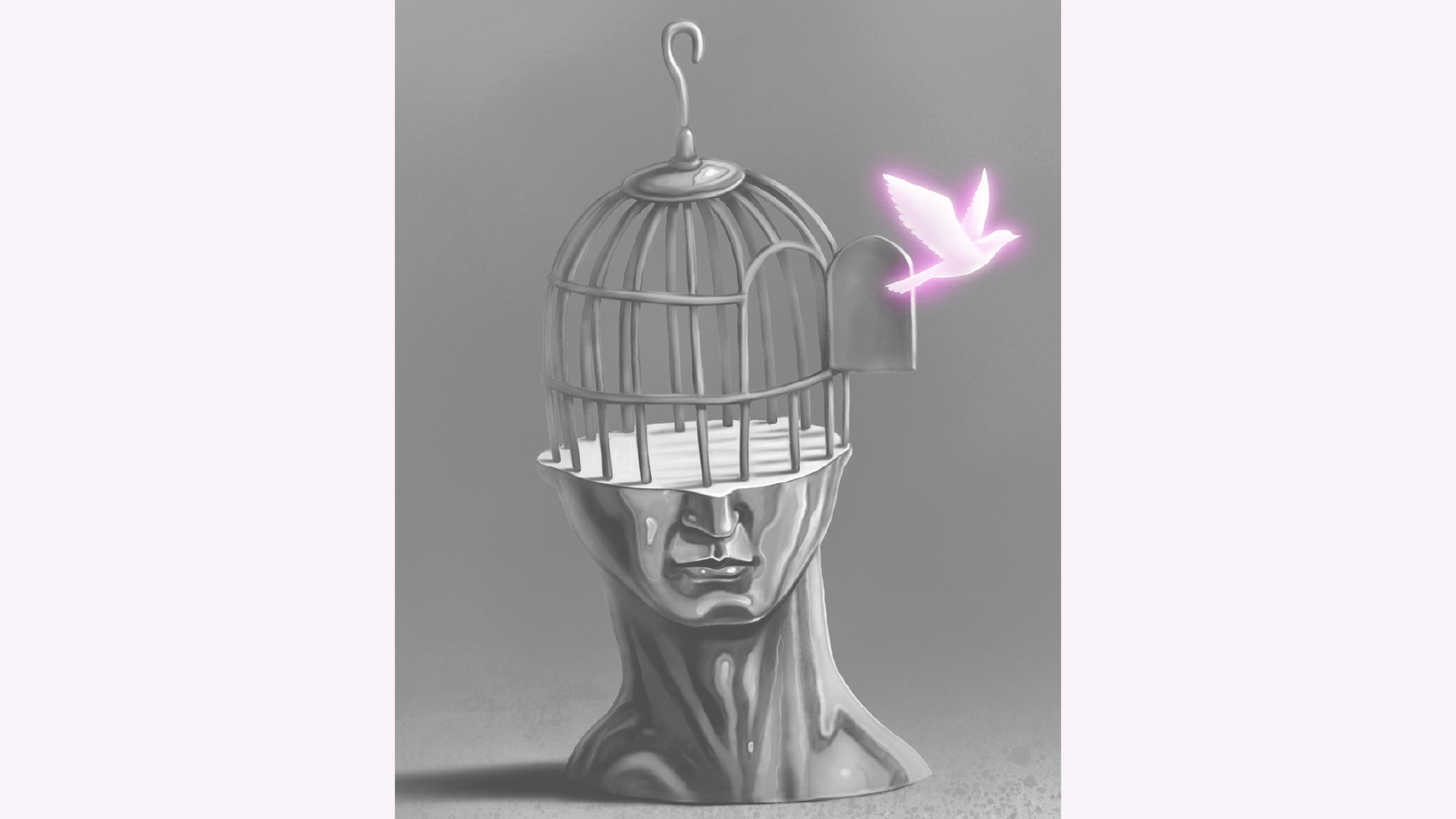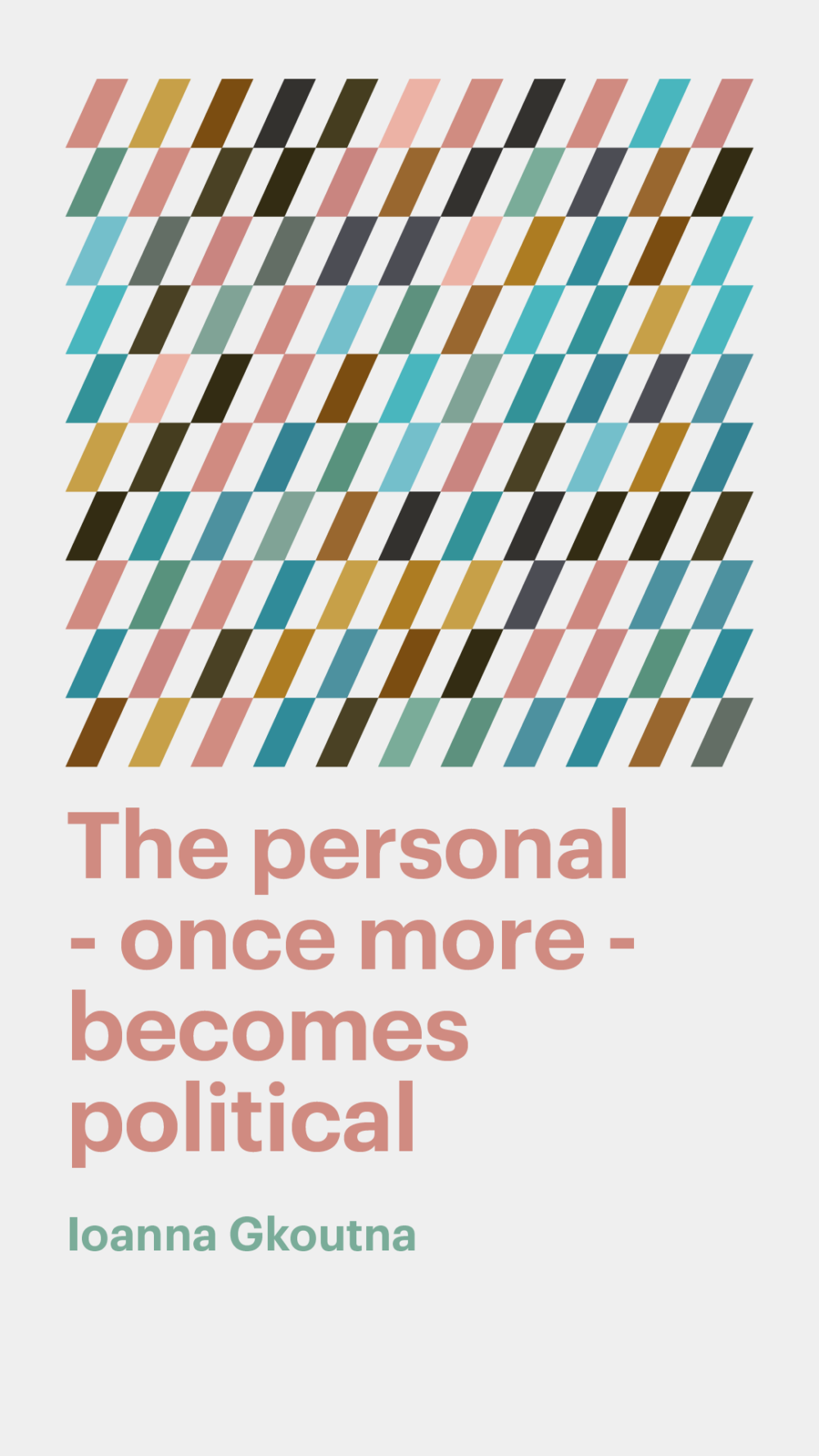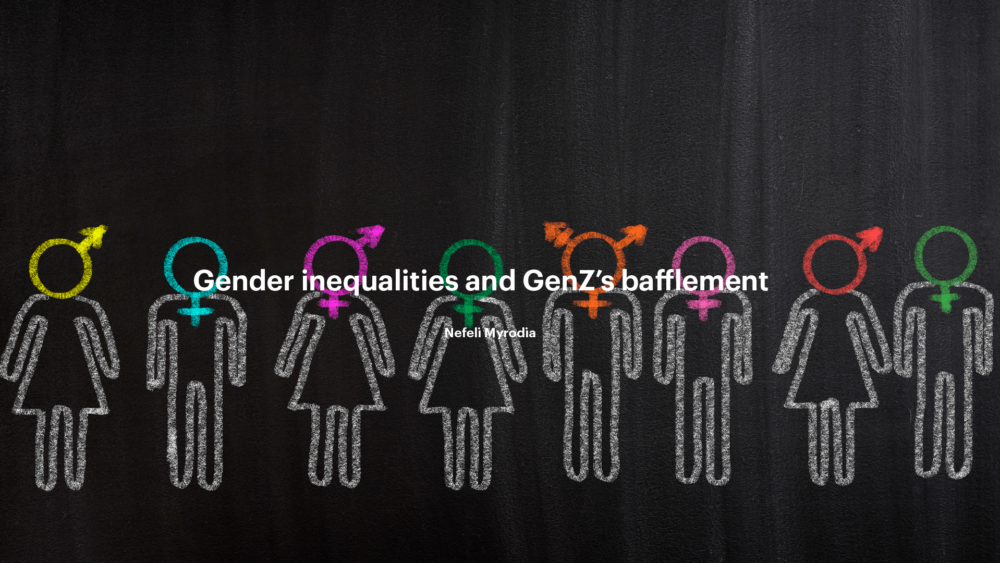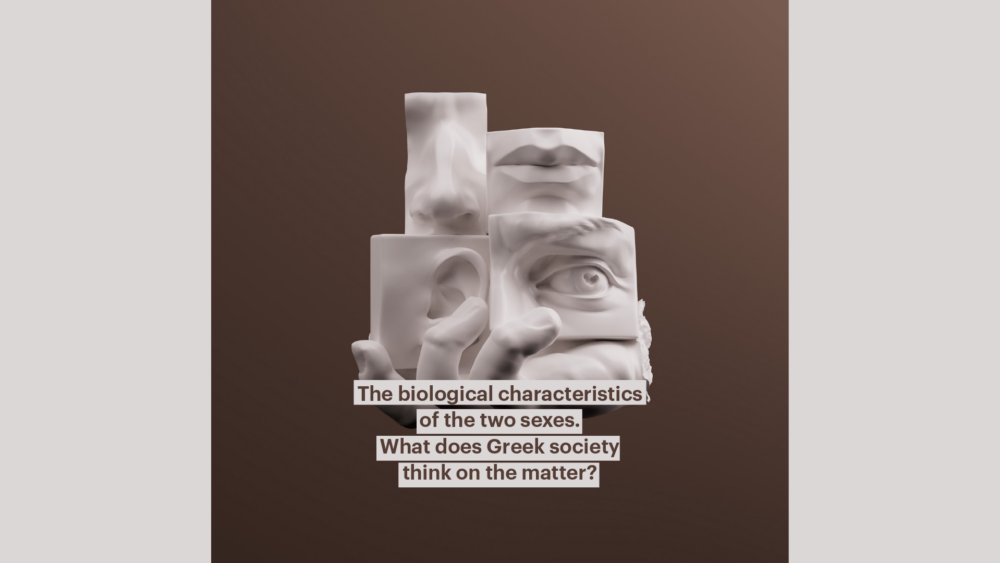
Progressive Trends and Challenges for LGBTQI Rights in Greece
Eteron’s Gender Divide project brings to the fore a new discussion on gender issues, seeking not only to explore the perceptions and stereotypes within Greek society, but also to highlight certain trends and oppositions towards equality and diversity. Focusing on the LGBTQI community, the survey findings show that younger age groups, people living in urban centres of the Attica region and those with a higher educational level appear to be more progressive, while at the same time there seem to be a few differences regarding the responses of the participants depending on their gender.
It should be noted that established LGBTQI rights in Greece include civil partnership (Law 4356/2015), legal recognition of gender identity (Law 4491/2017), protection against hate speech (Law 4285/10.9.2014), employment rights (Law 4443/2016), and child fostering (Law 4538/2018). At the same time, as part of the implementation of the National Strategy for LGBTQI Equality, the bill “Equality in Civil Marriage and Amendments to Other Provisions of the Civil Code” (Law 5089/2024) seeks to ensure the principle of equality and to reinforce protection from discrimination by promoting legislative guarantees that up until now, according to Vassilis Sotiropoulos1were “piecemeal, partial, and incomplete”. After passing this new bill, Greece ranked 6th out of 49 in 2024 in ILGA’s Rainbow Map & Index, a significant improvement from the 13th position it held just a year earlier, in 2023.
However, the same ILGA survey highlights, among other things, the financial difficulties faced by many transgender people in Greece, the need for a new immigration policy that includes LGBTQI rights, the high levels of hate speech and homophobic and transphobic attacks and offences committed in the country, and the difficulty of accessing transgender healthcare services. Such findings stress the persisting need for meaningful inclusion of LGBTQI rights, with a particular emphasis on protecting transgender people from incidents of gender-based violence, as well as the necessity to develop a clear legal framework for legal gender recognition based on the process of self-identification and the establishment of transgender parenthood. This is also reflected in the Gender Divide survey findings, where only 17.1% believe that trans people lead a decent life in Greece, as trans individuals face serious challenges in their efforts to live decently on a daily basis, while also running an increased risk of violent assaults, discrimination in employment and health care, and social, legal and political hostility.
Social attitudes towards the LGBTQI community are frequently studied, with a focus on both stigmatisation and the systemic exclusion, prejudice and stereotypes that often exist regarding LGBTQI individuals. Gender stereotypes embedded in society further reinforce gender-related perceptions, which increase the exposure of LGBTQI individuals to even greater discrimination and prejudice compared to other social groups. They are often viewed with hostility as they are perceived as a threat to the traditional family paradigm and traditional societal values (Norton and Herek, 2013). If we take a closer look at social and cultural attitudes towards transgender individuals, we will observe different stances. These are influenced by both macro-level factors, such as cultural structures, and micro-level variables, such as demographic characteristics (e.g., educational level, income, marital status, religion).
In order to understand the different attitudes towards gender identity and gender expression, it is important to look beyond physical biological traits and gender stereotypes. This includes acknowledging that every person has different experiences and identities (Tsagkroni, 2022). Reflecting this intersectional approach and responding to the need for increased visibility and legal recognition of transgender people, the Council of Europe published a report in March 2024 entitled “Human Rights and Gender Identity and Expression”. This report documents the challenges and progress faced by transgender people, highlighting the need for equal implementation of human rights and the elimination of the barriers that transgender individuals face in many European countries. It also highlights the need for greater awareness of transgender rights at all levels of society. For Greece in particular, the report points out that, despite the recognition of intersectional discrimination at a legal level and the banning of conversion practices based on gender identity, levels of transphobic violence against young people and bullying in schools remain alarmingly high. The report underlines the need to ensure human dignity, physical and psychological integrity and the individual autonomy of transgender people.
Initiatives such as Eteron’s Gender Divide are really significant because they remind us that despite all efforts to address the inequalities and discrimination towards LGBTQI people, and to improve the existing situation in terms of LGBTQI rights, there are still incidents of e.g. homophobic violence that continue to occur and raise issues of social justice and equality. At the same time, this type of social research contributes to a better understanding of the experiences and challenges faced by people in the LGBTQI community, which in turn helps to raise awareness within the broader society and reduce stereotypes and prejudices that contribute to social attitudes towards the LGBTQI community. Said project brings back to the forefront discussions on moral panic in relation to gender issues, but also outlines inequality and gender violence, presenting lived experience as a component for gender perception and contributing to the understanding of social perception of gender, in Greece today.
- see Sotiropoulos, V. (2024). LGBTQI+ Rights & Liberties. Athens: Sakkoulas publications (in Greek) [↩]



